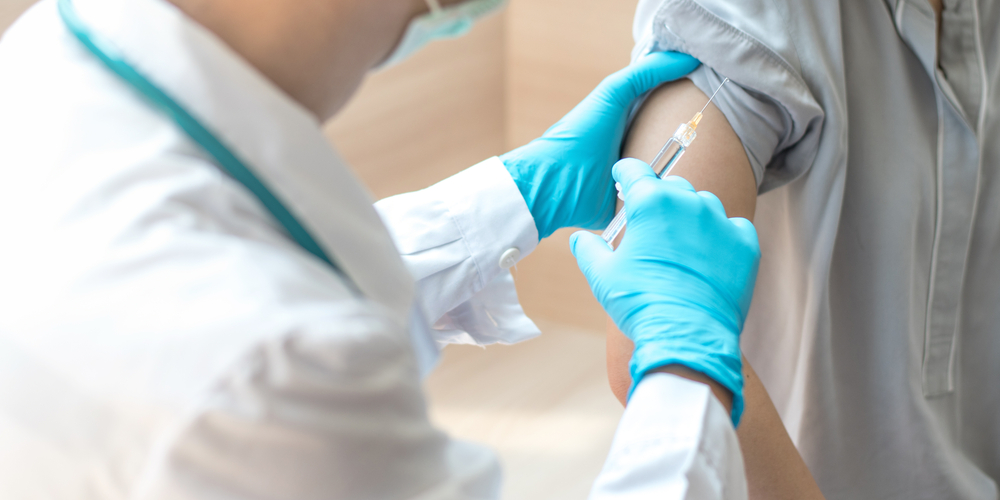
Immunisations are usually given to young children and have helped to eradicate the presence of a number of illnesses in this country.
Routine vaccinations for babies
All babies will be invited to receive routine vaccinations which protect against illnesses including measles, mumps, rubella, tetanus, polio, diphtheria and whooping cough.
Some of these vaccines will be administered in a single dose, while others may require 2 or 3 immunisations.
Teenage years
Until recently most teenagers received a BCG vaccination against tuberculosis; however, this immunisation is now no longer part of the routine vaccination programme as the disease is so rare in the U.K today.
Girls aged 12 or 13 are currently being offered the HPV vaccination which protects against cervical cancer.
Travelling
Depending on where you travel, you may need to have a number of vaccinations prior to your departure.
European destinations will usually not require any additional immunisations and travel to North America, Australia and New Zealand is also widely considered to be safe.
However, if you are travelling to other areas of the world you should be aware of the potential dangers and should arrange to have any additional vaccinations before you go.
If you are going to Africa, South America or South Asia, you will probably need vaccinations against hepatitis A, typhoid, cholera, meningococcal infections, tetanus and polio; if you have not had a BCG you may also need to have one of these as tuberculosis is prevalent in these areas.
You may also require a yellow fever immunisation and a course of anti-malaria tablets.
Those travelling to South East Asia or the Far East may need to have a vaccination against Japanese Encephalitis. You should consult your GP pr the NHS website for further details.
